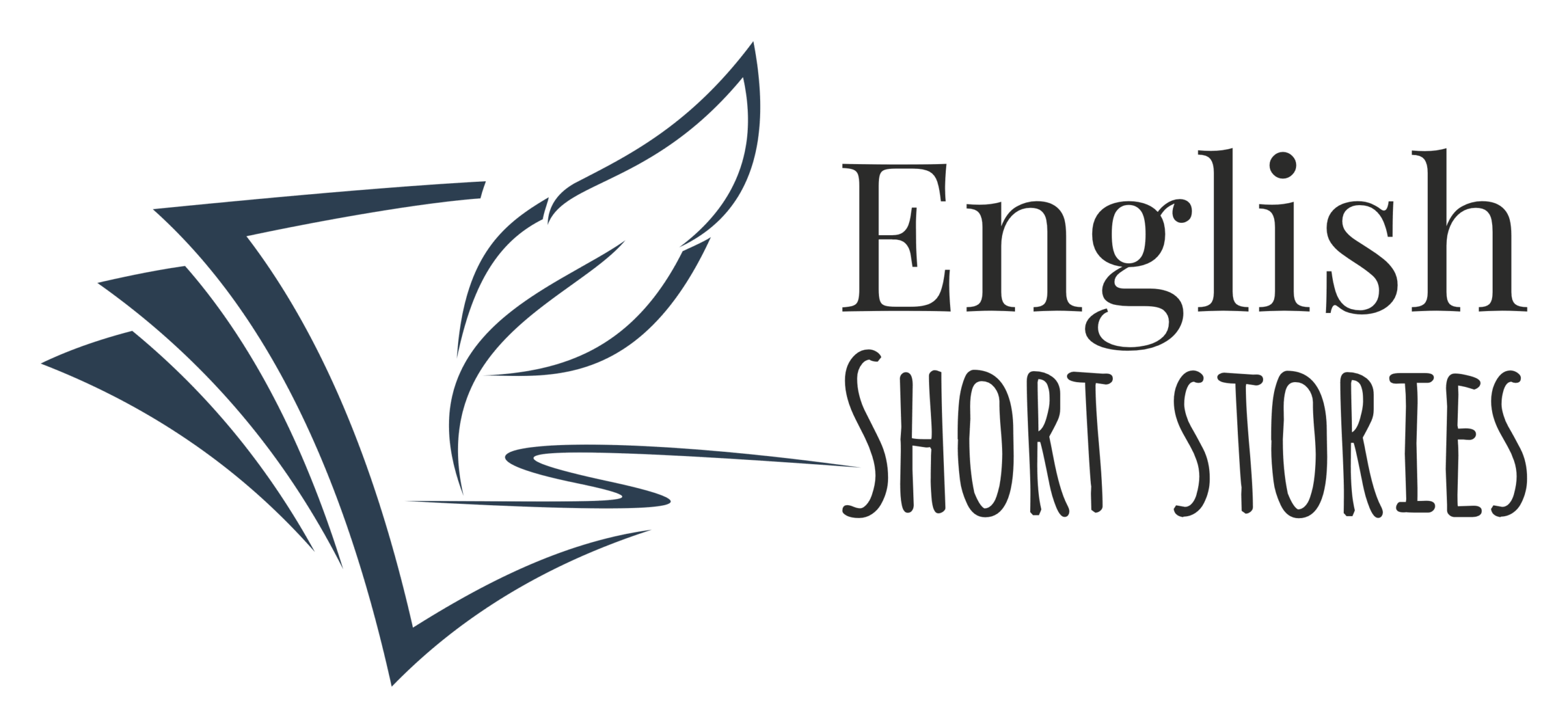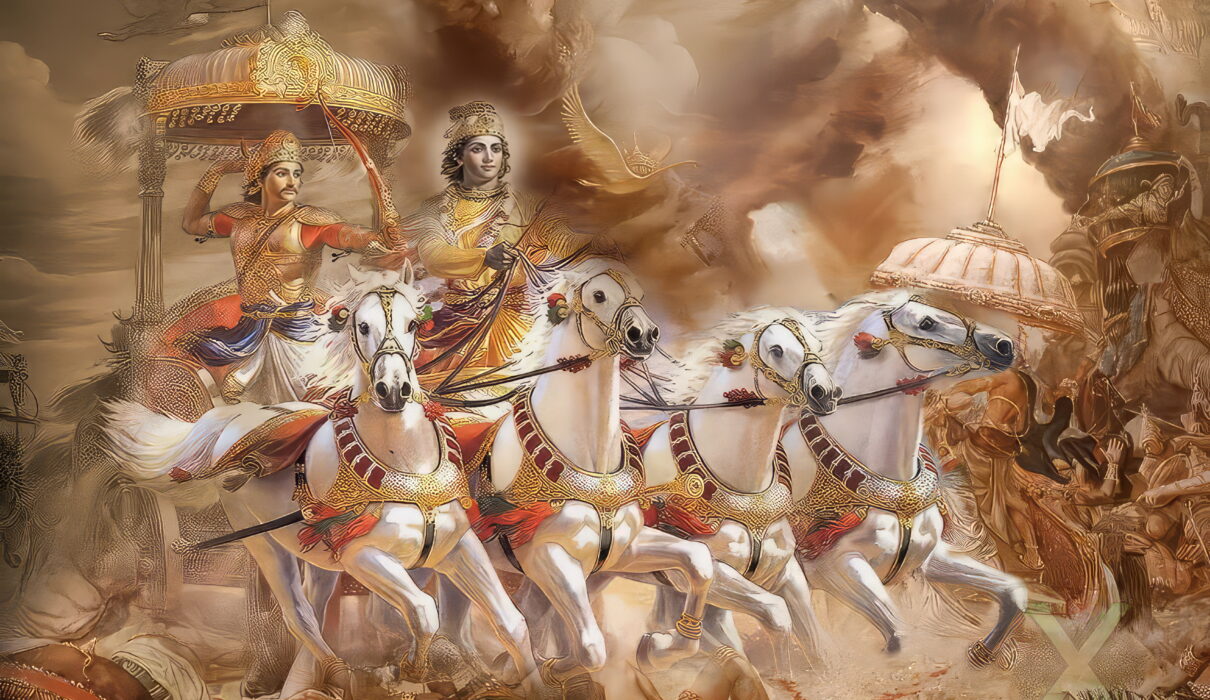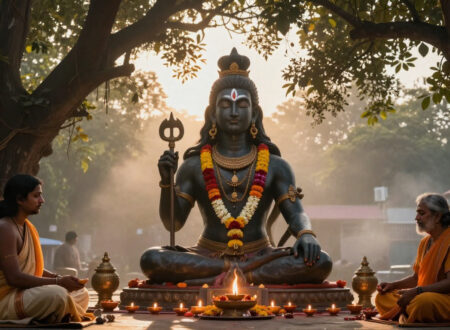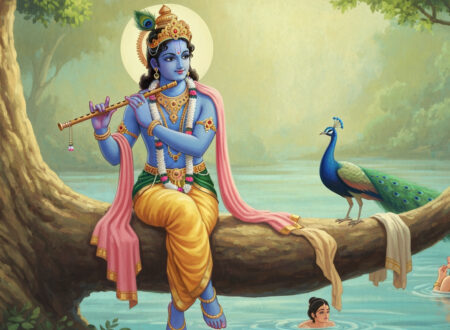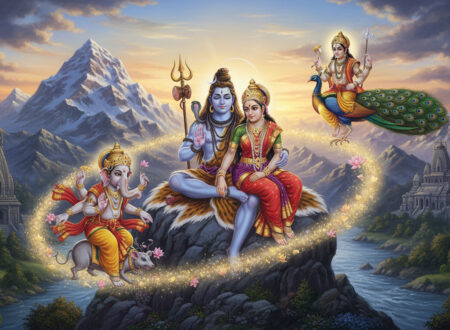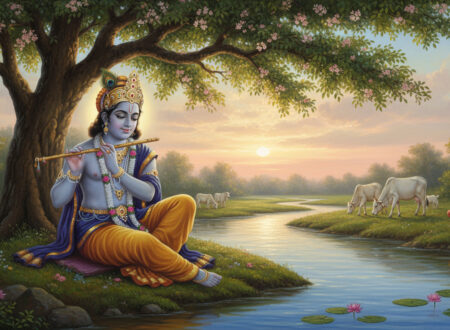Even the greatest warriors must first win the battle within.
The sun had just begun to rise over the battlefield of Kurukshetra, painting the sky with streaks of crimson and gold. The distant sound of conches echoed through the morning mist, and chariots rolled into position like thunderclouds gathering before a storm.
But inside me, there was silence.
I, Arjuna—the greatest archer of the Pandavas, bearer of the mighty Gandiva—stood still. Not in fear of death, but something far worse: the weight of dharma, the confusion of right and wrong.
Across the field, I saw familiar faces. Grandfather Bhishma, the man who had once bounced me on his knee. Guru Drona, who had taught me every move my fingers now remembered by instinct. Cousins, uncles, friends—warriors I had played with as a child, laughed with, revered.
And today, I was to aim arrows at their hearts.
My hands trembled.
“Krishna,” I whispered, turning to my charioteer—my friend, my guide, my Lord.
He turned his calm eyes toward me, eyes that held galaxies and yet stayed rooted in this moment.
“I cannot do this,” I said, my voice barely above the whisper of the wind. “How can I kill those who taught me how to live?”
Krishna said nothing at first. He simply looked at me, as if seeing past my armor, past my title, into the man I was inside. The boy who had once cried over a lost kite. The son who had promised his mother he would always protect his brothers. The disciple who bowed at his teacher’s feet.
“Then why have you come to the battlefield, Arjuna?” he asked gently.
“To fight for justice,” I replied, my voice hollow.
“Then why do you hesitate now?”
I was silent.
Krishna placed his hand on my shoulder. It was firm, grounding. “Your confusion is not weakness, Partha. It is a sign that your heart is still awake.”
His words struck something inside me. I had trained my whole life for this war. For dharma. For truth. But what was truth when both sides believed they were right?
I looked across the field again. Bhishma, Drona, Karna—all stood in silence, their eyes focused, their breaths steady. Perhaps they, too, carried their own storms inside.
And then it came to me—not like a shout, but a whisper.
This war was not about hatred. It was about duty.
Dharma was not a sword to swing blindly. It was a path to walk with awareness, with humility, with strength.
I closed my eyes and inhaled deeply. The scent of dust and morning dew filled my lungs. The silence inside me was no longer empty—it was full of resolve.
When I opened my eyes, I was ready.
Not because I wanted to fight, but because I had understood why I must.
“Drive the chariot forward, Krishna,” I said. “Let me meet my karma with a steady hand.”
And so we moved. Into the field. Into fate. Into history.
